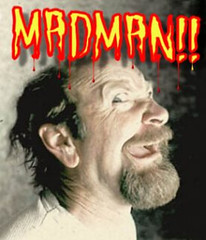Terrica Redfield, NACDL’s Death Penalty Counsel observed that in the 21 years since Ford was decided, not one death row inmate has been found incompetent to be executed in the federal Fifth Circuit court of appeals, which hears state and federal death penalty appeals from Texas,
Louisiana and Mississippi.
“The Supreme Court has appropriately recognized that neither the State of Texas nor the Fifth Circuit have adequate protections for ensuring that the mentally ill are not executed,” Redfield said.
NACDL President Martin Pinales noted that executing the insane has been barred by common law for hundreds of years:
“Lord Coke said that executing a madman was repulsive to society and served no deterring purpose. Blackstone wrote that insanity was its own punishment, rendering retribution unnecessary. The church said that it was a sin, because a delusional convict could not make his peace with God.”
It was a 5-4 decision. The dissenters were Justice Clarence Thomas, joined by Chief Justice John Roberts, Antonin Scalia and Samuel Alito.
The reason for dissent: Usually, only one federal habeas petition is allowed in a death penalty case and this inmate should not have had a “second bite at the apple.”
The correct response:
“What would happen then if an inmate loses his mind after his appeals are exhausted?” Pinales asked. “It’s rather astonishing that four members of the court would rather throw out original intent and overrule over 1,000 years of compassionate precedent for the sake of a mere technicality.”
[Graphic via Mental Disorders]




